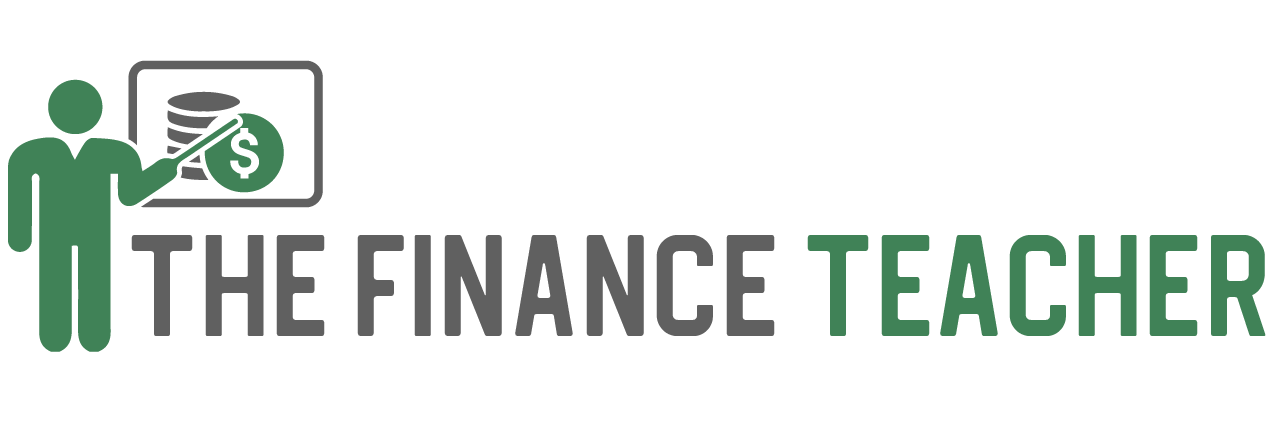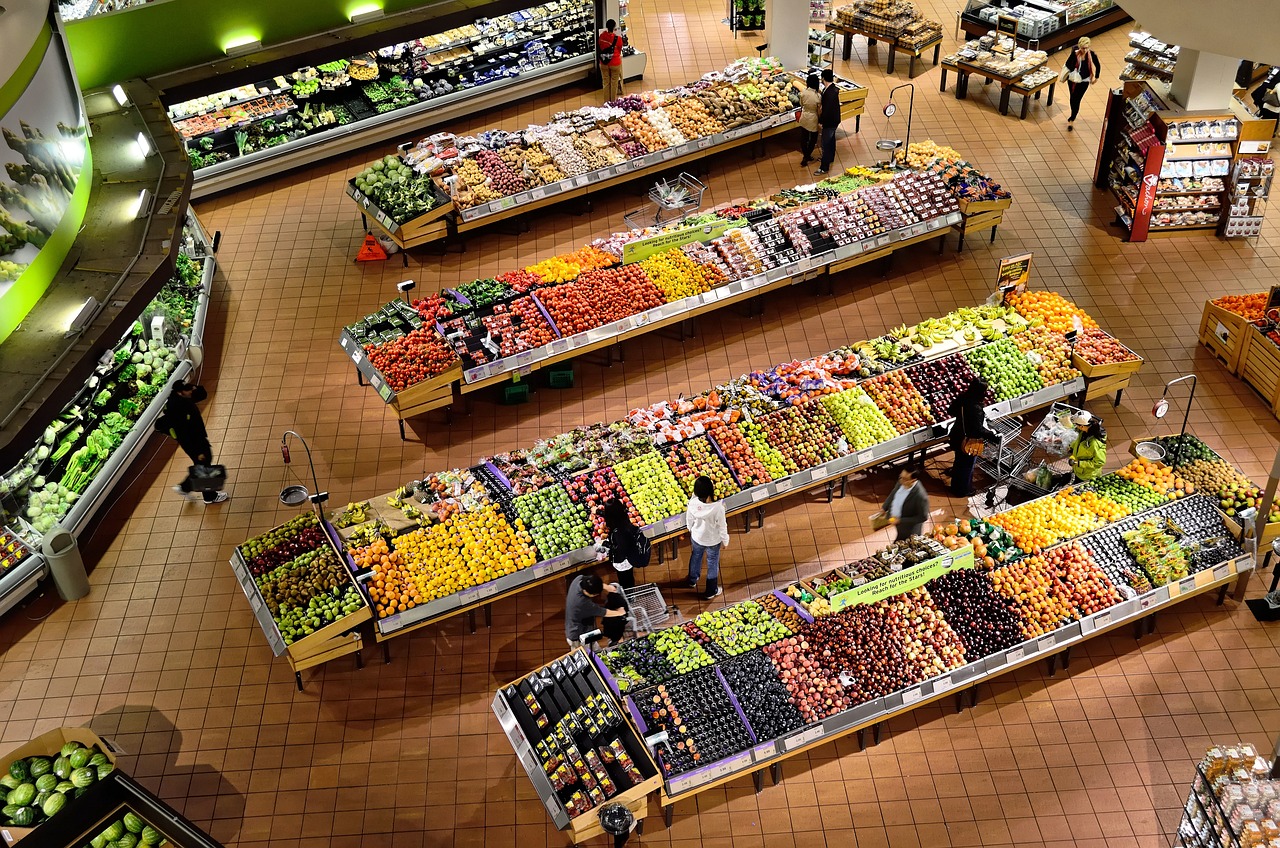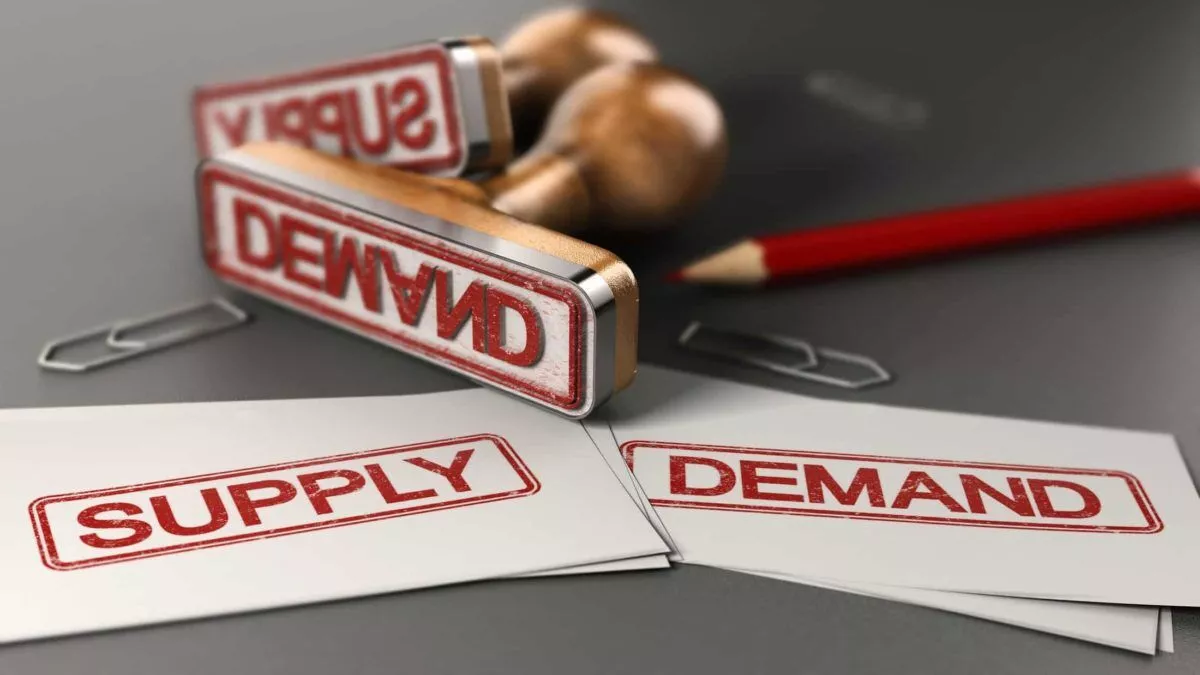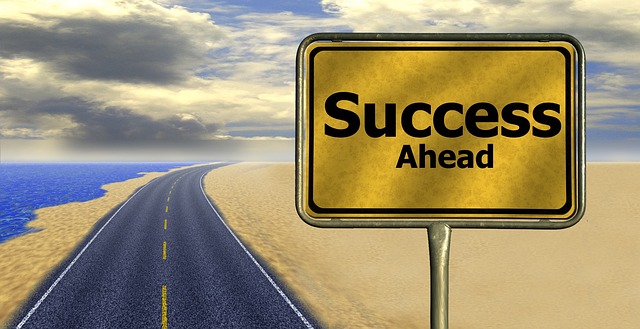Table of Contents
ToggleUnderstanding Opportunity Costs
‘The cost of the next best alternative forgone’
That’s the definition of opportunity cost that I teach my students. But the important addition is to include ‘… when making a decision’. Decisions are everywhere, therefore economics is everywhere. Opportunity cost is the cost of the next best alternative forgone when making a decision. And in life, every decision counts.
When I first began studying economics in my final two years of high school, I assumed this was a highly complex, academic subject mostly studied at university. Now I know and teach my students that economics is a part of everyone’s life and that even the youngest of students should be taught some basic economics. In fact, they probably are being taught it to a certain extent without even realising it.
Rather than focus too much on the economic stuff that we hear on the news with things like interest rates, economic growth, inflation and unemployment, we can begin with the simple act of making a decision.
Every time we make a decision to buy something we give up something else that we could bought. Even when the decision does not involve money we may still be giving up time. We can’t have everything, so we must make a choice. When buying (consuming) something, we choose one thing ahead of another. This is the basis of economics and of the economic problem. Nearly everything is scarce. Scarcity requires decisions and opportunity costs.
What Is Economics Really?
When I asked my Grade 10 class to provide me with just one word that sums up what economics is, they came up with these. All of them are quite appropriate.
Economics is all about …..
Choice
Scarcity
Costs
So Economics is all about making choices because most things are scarce and there is always some kind of cost involved.
So why is this important for every single one of us? Think of all of the choices that you have made up to this point in your life. How might things be different if you did actually choose the second-best alternative? In some cases, there may not be much difference.
But in others?
Here are some common real-world choices that the average person (we’re economists now, so let’s use the word ‘consumer’) makes
1. what car or house to buy?
2. whether to save or spend their income.
3. How much to spend on food, clothing, rent, entertainment or investments?
4. Whether or not to borrow from a bank to buy expensive things or to delay gratification and purchase when they have saved enough.
5. whether or not to pay for various types of insurance.
6. They will also decide exactly how they will earn an income.
And many, many more decisions.
Each of these decisions involves carefully weighing up the opportunity cost. What do we give up when we consume? And more importantly for this blog post … how will this affect our future wealth and quality of life?
A Real World Of Decisions And Lessons
My first economics teacher, Mr. Wooldridge taught me this very early on in my economics studies. He observed that I wasn’t really working as hard as I could be. So he asked me this question.
“Why wouldn’t you put in your very best effort when you are paying to sit in my class?”
Paying? I wasn’t paying to be in his class. Secondary education was free in my school. What was I paying?
He then asked me another question. “ How much are your friends who left school last year earning in their jobs that they chose to undertake instead of staying in school?”
Finally, he said, “If you wanted, you could also be out there in the real world earning that same income. But you gave up that opportunity to be in my class. Thank you for making that choice. But can you now see the opportunity cost, the things that you have given up to learn economics?”
It was a great lesson to learn.
My grandmother had another one for me. When she asked me to go to the shop to buy some toilet paper at the age of ten she taught me about something called ‘economies of scale’.
I think she gave me $5 and I was very proud of the fact that I only needed to spend $1 to buy 2 rolls of toilet paper, hence saving her $4 which I planned on returning to her. But to my surprise, she gave me a lecture on how I had actually cost her money, rather than save it.
She pointed out that I could have bought a pack of 10 toilet rolls for $2.50 which was a much better deal than my 2 for $1. By buying more of something the average cost often falls. Economies of scale. An early poor decision that would not be my last.
My grandmother didn’t know what economics was. But she was living it anyway. She spent less than she earned by making good spending choices. She saved for the future and invested in a business. And she stayed well away from debt.
Not everyone is as smart as my nan. But she had a lifetime of experience that got her to that stage. Young people often start off making bad consumer decisions and find it hard to get back on track. Learning just a little bit about economics would help.
Markets
Once a student has the basics sorted (opportunity cost and economies of scale) they can move on to the amazing world of supply and demand. Sure this may not be the most exciting topic. And those damn diagrams can be tough in the beginning. But stick with it.
There are markets for everything. My Grade 10 class have just learnt that as well as the fish market and the fruit market (and goods and services markets in general) there are also real estate markets, labour markets, currency markets and of course the stock market.
The laws of supply and demand and the different determinants of supply and demand are well and truly worth learning about for all of these markets. Understanding a little more about how the economy that we are all a part of actually works makes later decisions such as investing a whole lot less confusing.
Take the next step from understanding markets to learning about the whole economy and you are suddenly entering the realm of being a well-informed consumer able to make sense of those previously confusing news items. Before too long, interest, inflation, unemployment and economic growth may even start making sense.
But back to why this is important. Well for starters, it probably puts you ahead of the majority of income earners. Some people are able to effectively navigate the world of economics and finance and use it to their advantage. The majority won’t.
Interestingly a national study of millionaires in the United States found that the top three careers of millionaires were engineer, accountant and teacher. For some reason, doctors, who are likely to be earning higher incomes, are not as good at creating wealth. Somewhere along the line engineers, accountants and teachers have learnt how to make better decisions involving money.
It’s Up To You
Your economics teacher may get you started (as mine did) in understanding the power of decision-making when it comes to spending your money. But the decisions are ultimately up to you. The world is full of people who have earned huge incomes or come about great wealth, only to blow it all on bad decision-making.
The opportunity cost of education (or the ability to make good decisions) is huge. We can all benefit from learning just a little economics and to consider the opportunity cost of our decisions.
I feel that my decision to take Mr. Wooldridge’s economics class may just have been one of my very best.
Related articles:
Ten Things That You Didn’t Learn In School








Great read! The author’s insights were very valuable. I’m looking forward to hearing what others think about this topic. Feel free to check out my profile for more discussions.